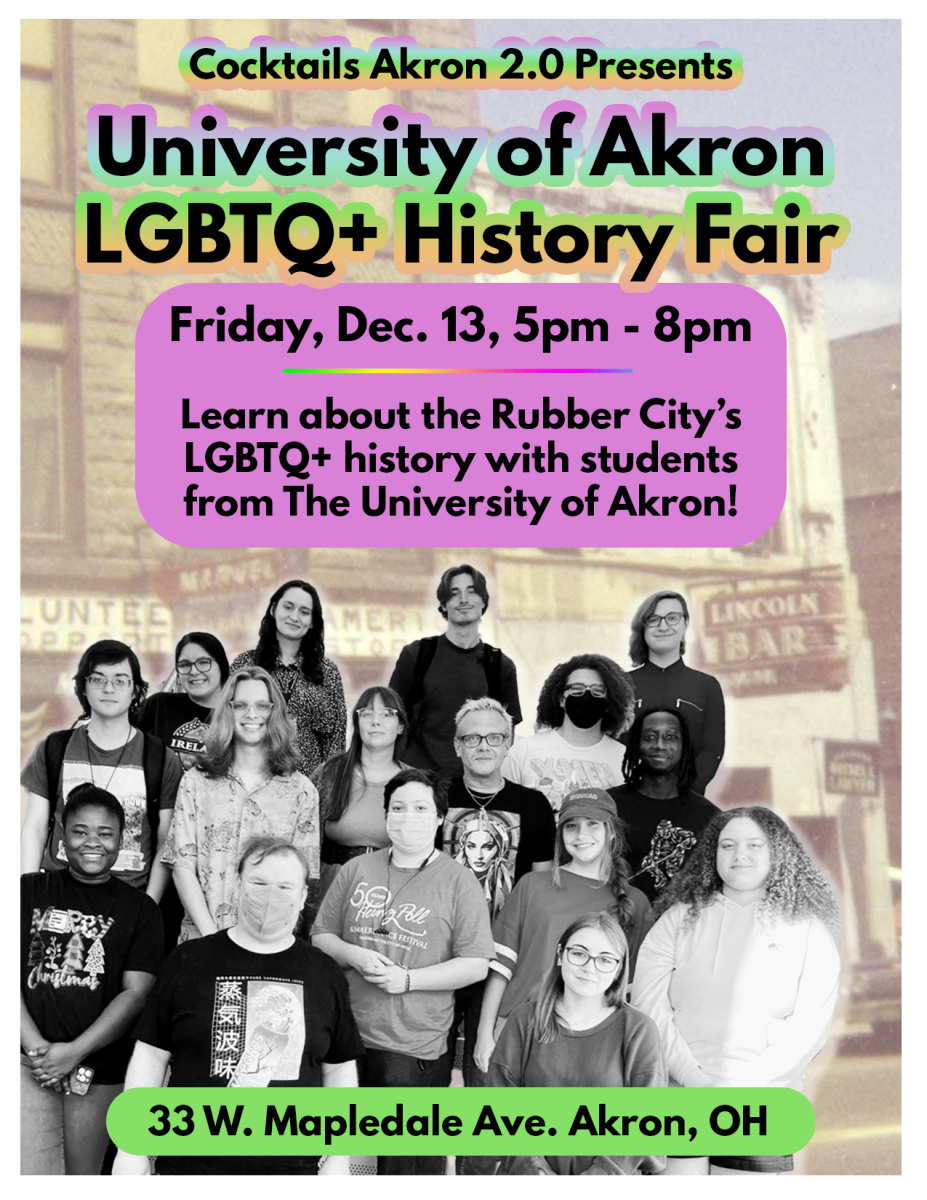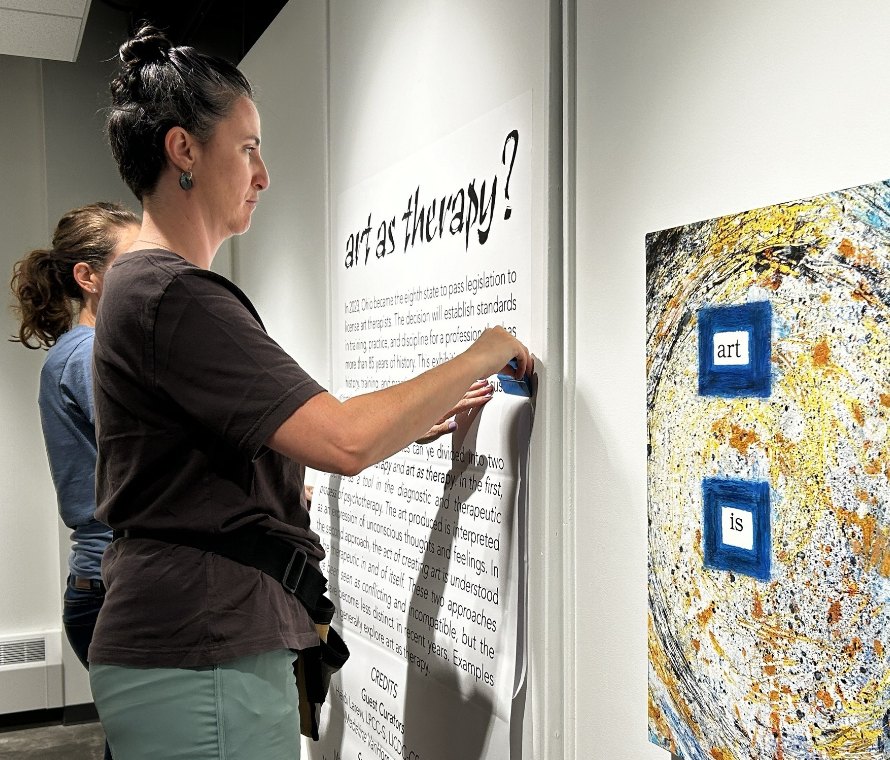Written by: Emily Barry
The Voting Rights Act, signed into law by Lyndon B. Johnson on Aug. 6, 1965, states that “No voting qualification or prerequisite to voting, or standard, practice, or procedure shall be imposed or applied by any State or political subdivision to deny or abridge the right of any citizen of the United States to vote on account of race or color.”
Though the Fifteenth Amendment granted African-American men the right to vote in 1870, deprivation of the right was common, due to poll taxes and literacy tests.
The Voting Rights Act still impacts the lives of African-American people 47 years later.
“I will be voting in both the local and national elections this year, and it’s my first time voting, so I’m very excited,” said Josh Hale, an African-American student at The University of Akron.
Hale described his family as “quite political” and said that the Voting Rights Act holds a special meaning to them.
“My dad has been hounding me for the past month or two, making sure that I registered to vote, and we text during every debate,” Hale said. “He mentions the Voting Rights Act before every election and makes sure that I understand that the African-American people, as a race, fought to gain these rights to vote.”
UA sophomore Troy Roebuck, who also voted in the presidential election for the first time, agreed with Hale.
“It is a pleasure and an obligation to vote, in my opinion,” Roebuck said. “So many people have died and sacrificed for us to have the rights we do.”
Charlie Gonzalez, chairman of the Congressional Hispanic Caucus, released a statement in commemoration of the Voting Rights Act.
“The Voting Rights Act restored justice, equality, and fairness to our country’s most sacred right: the right to vote,” the statement said. “At a time when we have witnessed unprecedented attacks on the right to vote, now more than ever is a time to not only celebrate the anniversary of this historic legislation, but we must also fight to maintain its legacy and integrity.”
The act was introduced to the Senate on March 18, 1965 by Senator Mike Mansfield of Montana and Senator Everett Dirksen of Illinois. It held a special meaning in 2012 as America’s first mixed-race president, Barack Obama, campaigned for a second term.
“I felt, and still feel, a sense of pride that Obama is our president, due to our country’s racial history,” Roebuck said.
Hale agreed with Roebuck.
“I think it’s a wonderful thing that Barack Obama is our first biracial president. It’s amazing how our country can come from such a dark past to now support our African-American president, other mixed-raced candidates, and also women who work in politics,” Hale said.
Though proud of their heritage, African-American students at The University of Akron agree that voting is not simply a competition between races.
Stephanie Tremble, a senior at UA, said the election is not about race.
“For me, I don’t see color,” she said. “It’s more about personal beliefs and ideas that deal with current issues. I try to stay informed on both sides.”
Hale and Roebuck agreed with Tremble.
“I will not base my votes on a candidate just because he or she is black,” Hale said. “As the upcoming generation, my peers and I can make a great impact and express our voice by voting. I’ve noticed that college students take interest in politics, regardless of races, and I really think that social media helps to increase that interest and spark discussion.”
“When it comes down to it, race really is not a factor for me,” Roebuck said. “Instead, it’s about the policies and issues each candidate focuses on. As
a college student, I take into consideration tuition, job availability and economic stability.”
After 47 years, the Voting Rights Act still holds great weight in elections throughout the U.S. and has given a wider range of citizens the opportunity to share their voices.
“Though I am not extremely political, I will definitely continue to exercise my right to vote, and pass that idea onto my own children and family,” Hale said. “Everyone should own the privilege to voice their opinions, regardless of race, color and gender.”





